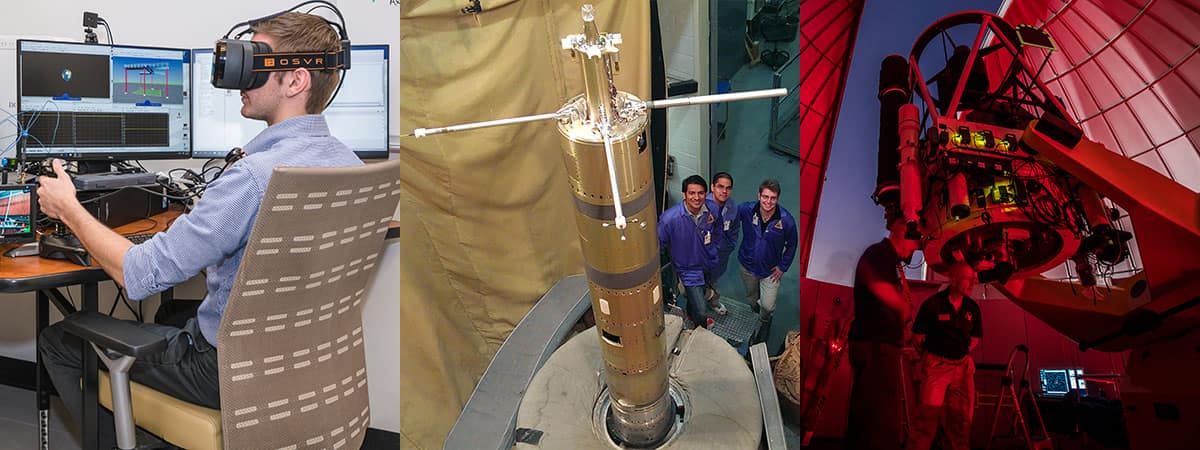Document Type
Article
Publication/Presentation Date
10-10-2006
Abstract/Description
Using a newly developed spatial heterodyne spectrometer (SHS), we have obtained the first radial velocity resolved emission-line profiles of diffuse [O II] 3726 and 3729 angstrom emission lines from the warm (10,000 K) ionized component of our Galaxy's interstellar medium. These [O II] lines are a principal coolant for this widespread, photoionized gas and are a potential tracer of variations in the gas temperature resulting from unidentified heating processes that appear to be acting within the Galaxy's disk and halo. By spectrally isolating for the first time Galactic [O II] from atmospheric [O II] emission, we were able to detect interstellar [O II] out to 20 degrees from the Galactic equator with intensities that range from tens of rayleighs near the Galactic plane to less than 1 rayleigh at high Galactic latitudes. The [O II] line profiles clearly show structure indicating emission along the lines of sight from both local and more distant interstellar gas. Comparisons of the [O II] intensities with the intensities of [N II] 6584 angstrom and H-alpha 6563 angstrom observed with WHAM indicate that the observed variations in [N II]/H-alpha and [O II]/H-alpha in the diffuse interstellar gas are consistent with variations in temperature and confirm the value of the [O II] observations as a temperature diagnostic for the WIM.
Publication Title
The Astrophysical Journal
DOI
https://doi.org/10.1086/508745
Scholarly Commons Citation
Mierkiewicz, E. J., Reynolds, R. J., Roesler, F. L., Harlander, J. M., & Jaehnig, K. P. (2006). Detection of Diffuse Interstellar [O II] Emission from the Milky Way Using Spatial Heterodyne Spectroscopy. The Astrophysical Journal, 650(1 II). https://doi.org/10.1086/508745



Additional Information
Dr. Mierkiewicz was not affiliated with Embry-Riddle Aeronautical University at the time this paper was published.